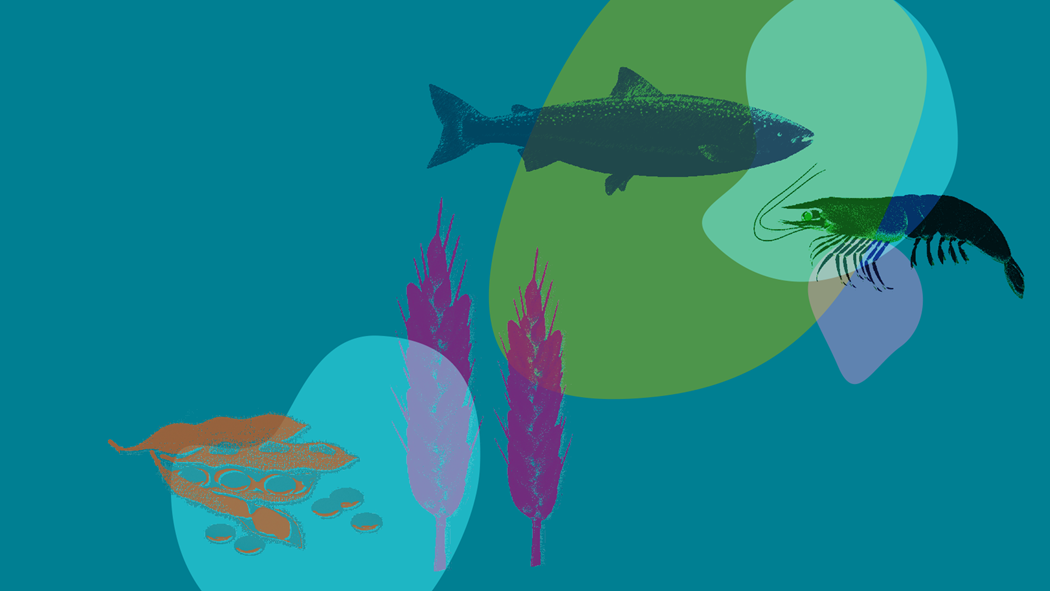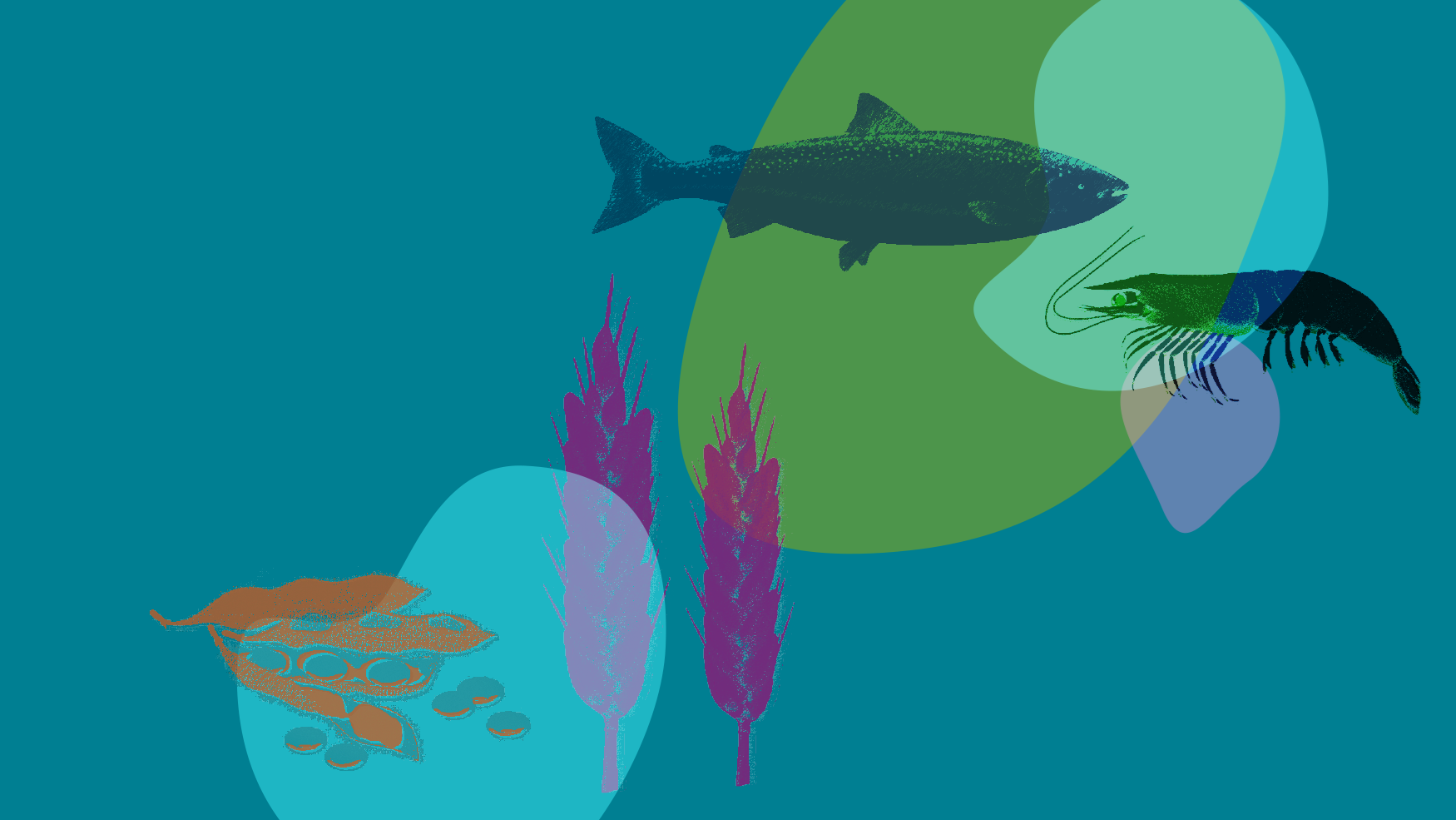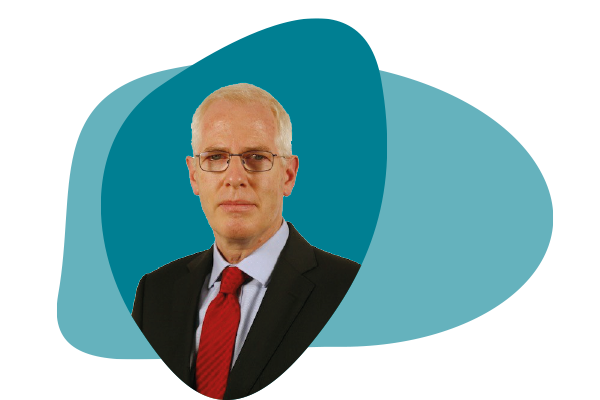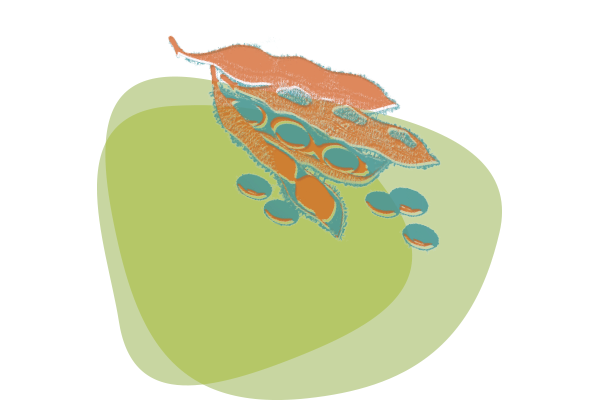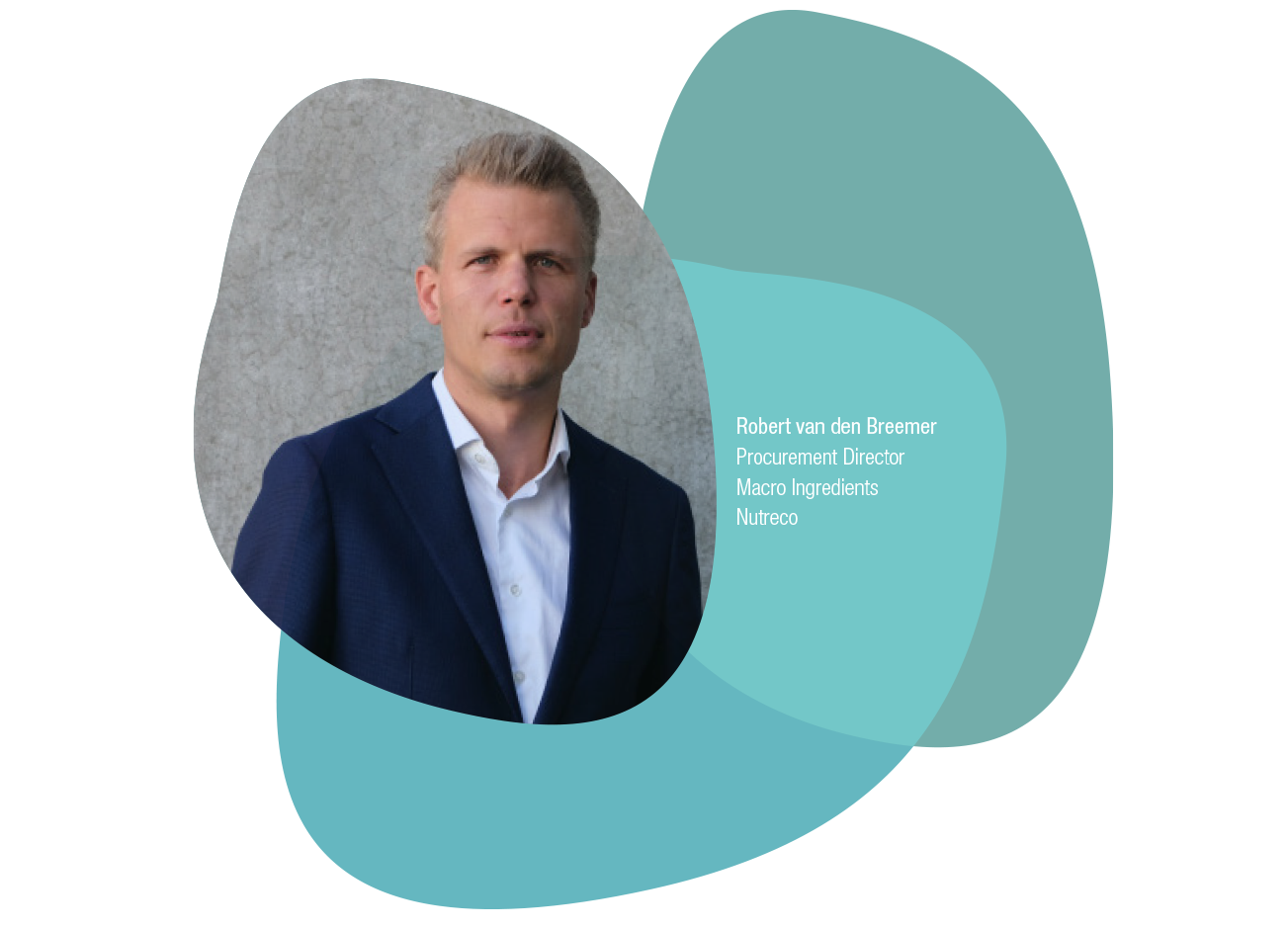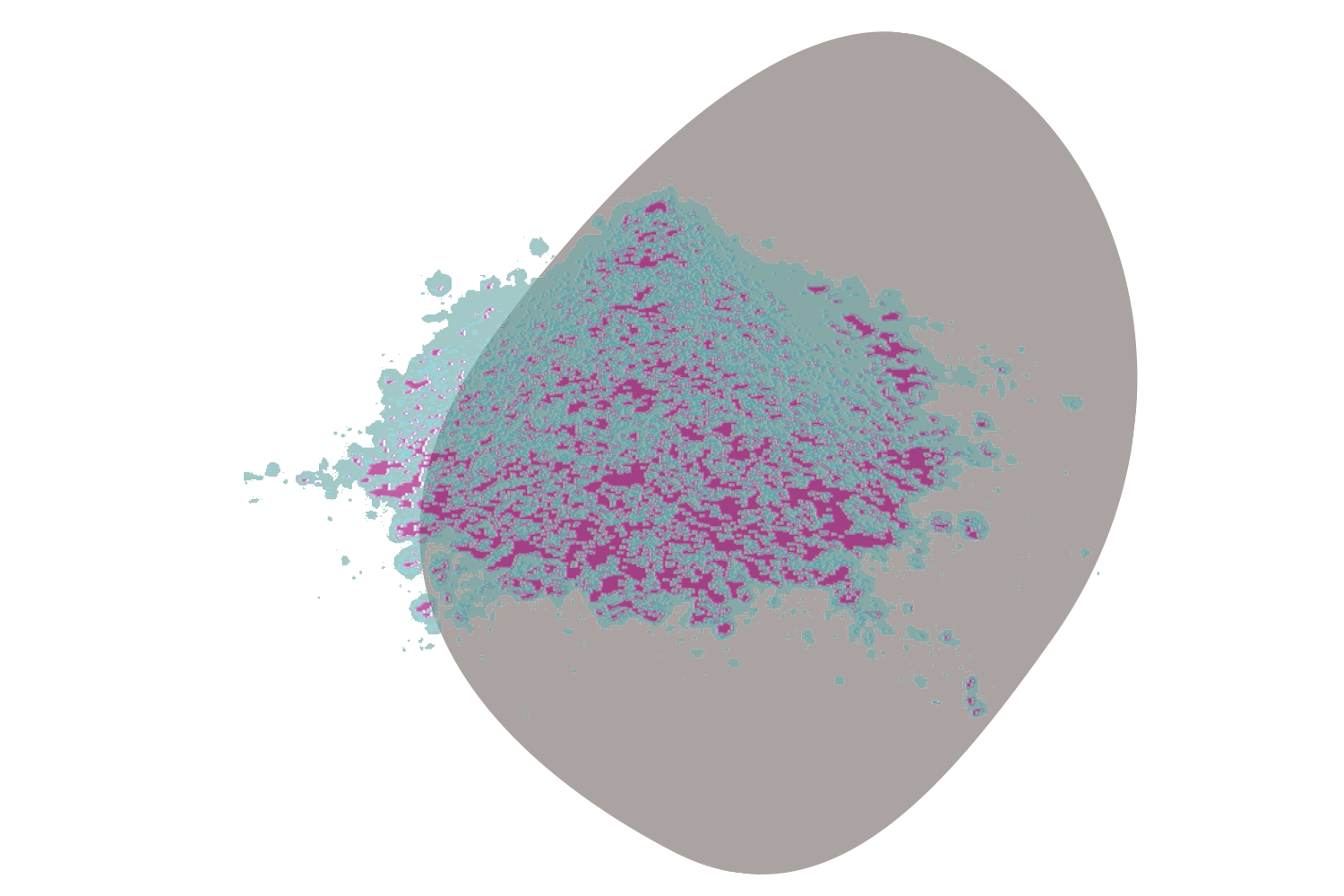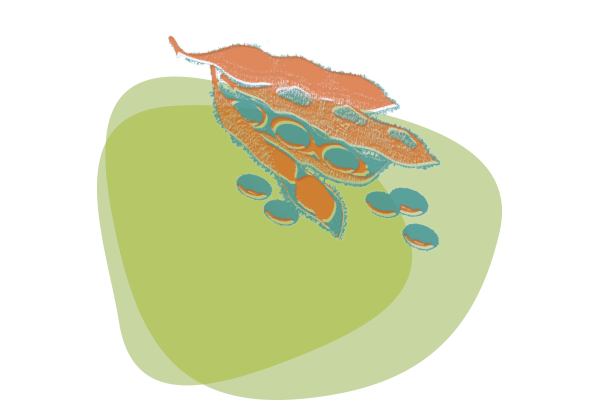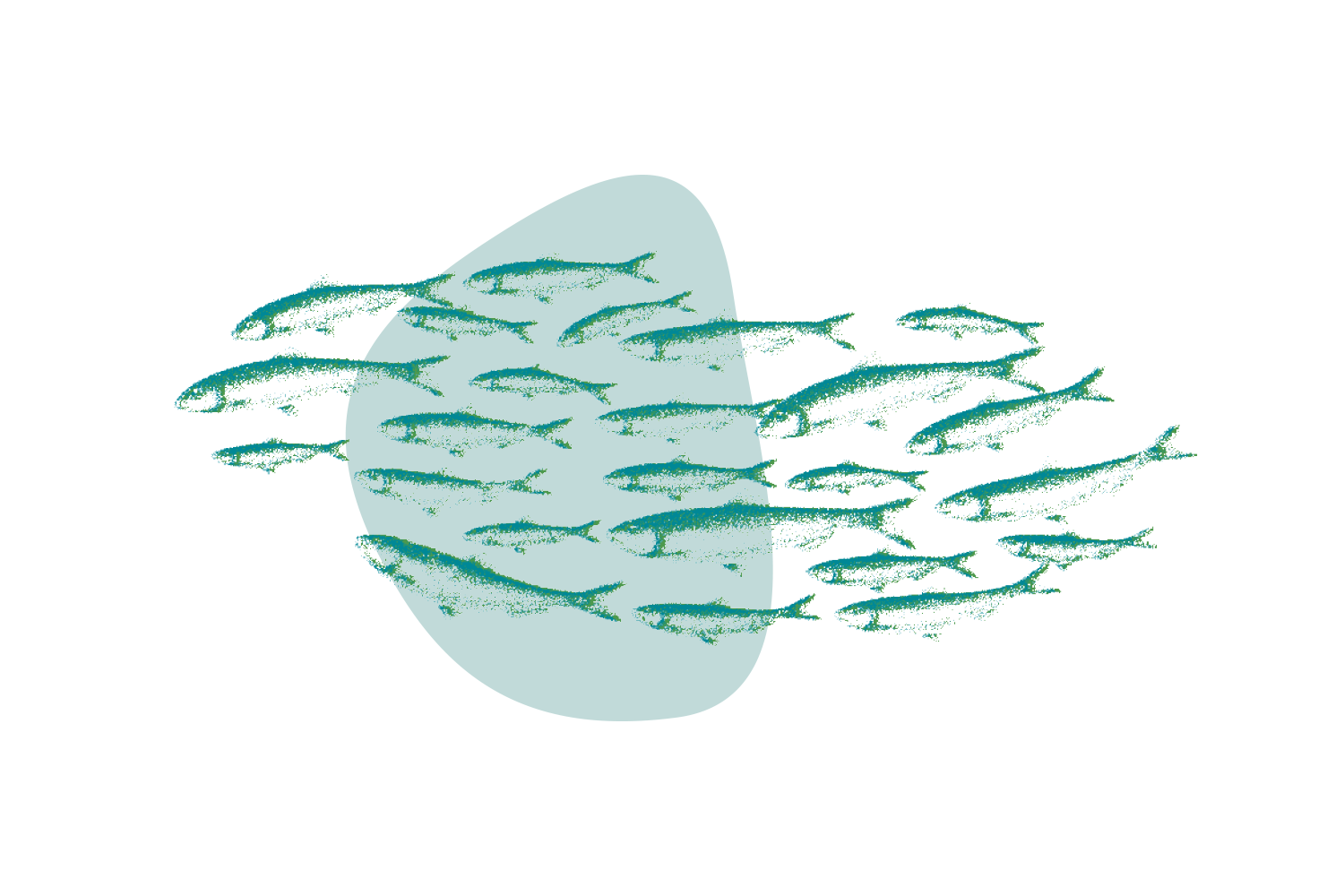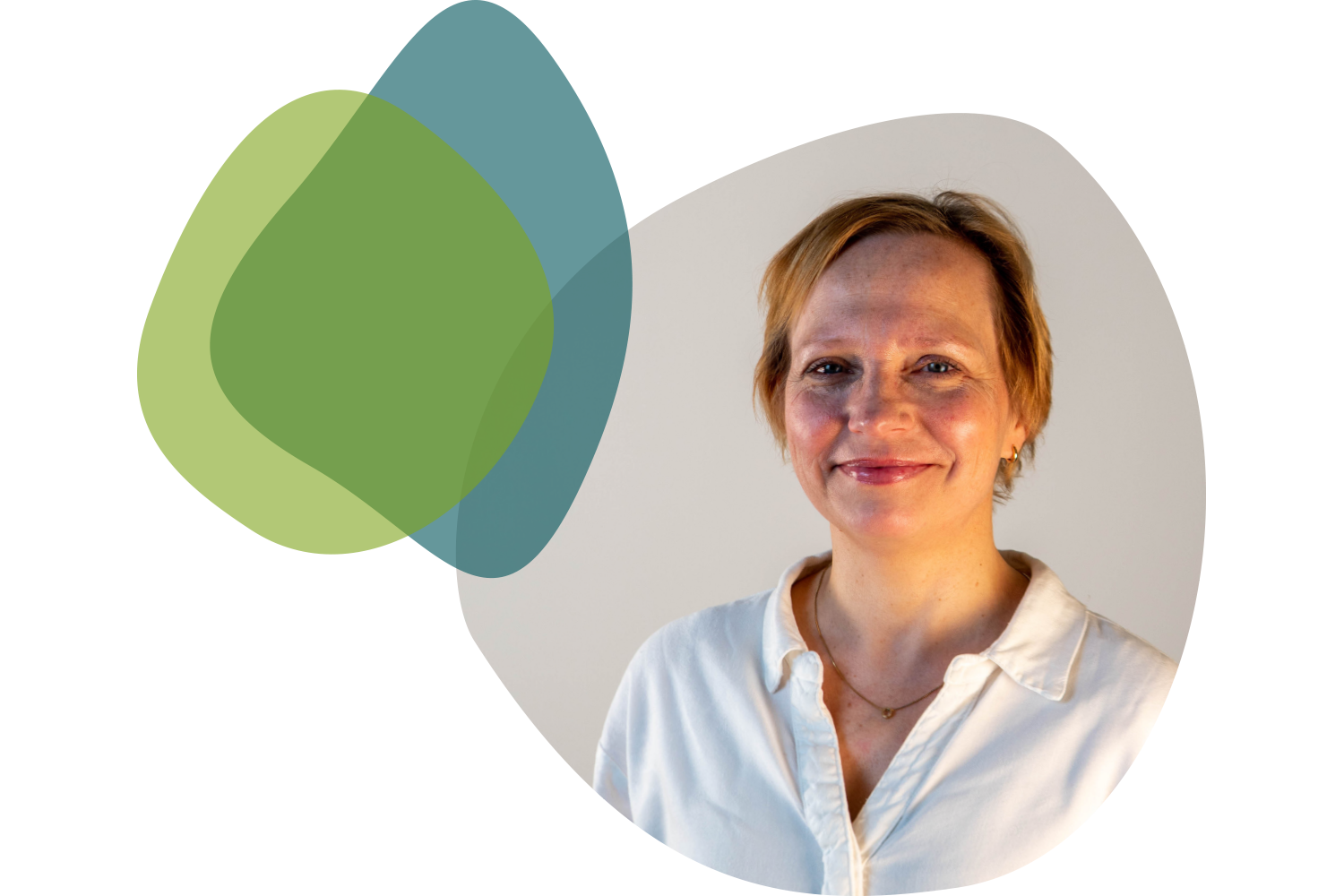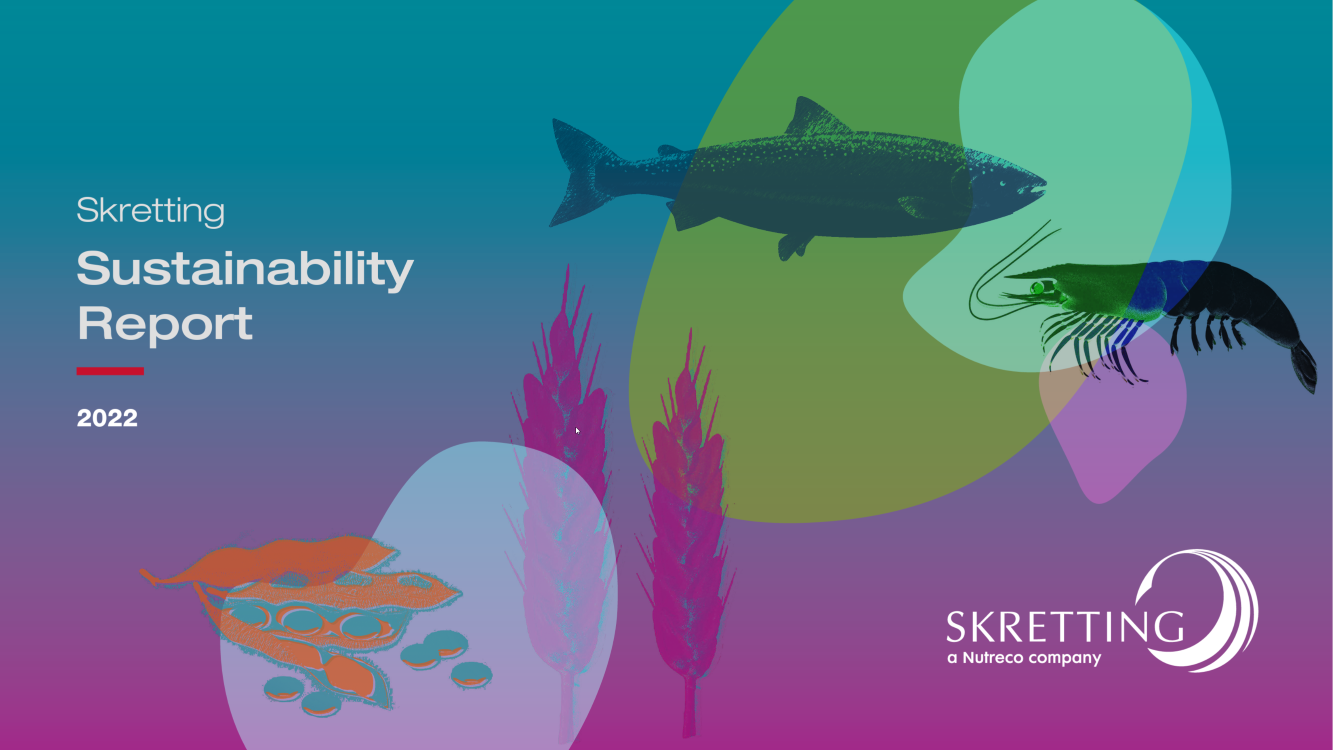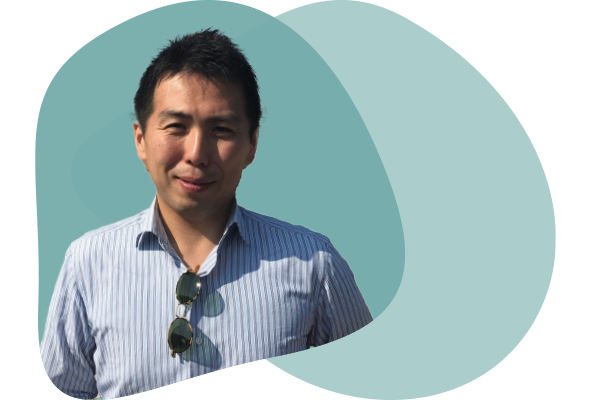
Working together for sustainability goals
In severe market circumstances, it is not always easy for suppliers to align with our relatively high sustainable sourcing policy in the region. However despite the challenges, we continue to hope for earlier development, like the inclusion of alternative ingredients.
Our region is traditionally heavily dependent on fish meal and fish oil for warm water fish species. Although we face challenges in daily operations, we are aware it is important to remember that we are one Skretting, one Nutreco, and one planet. As such, we are in the same boat.
